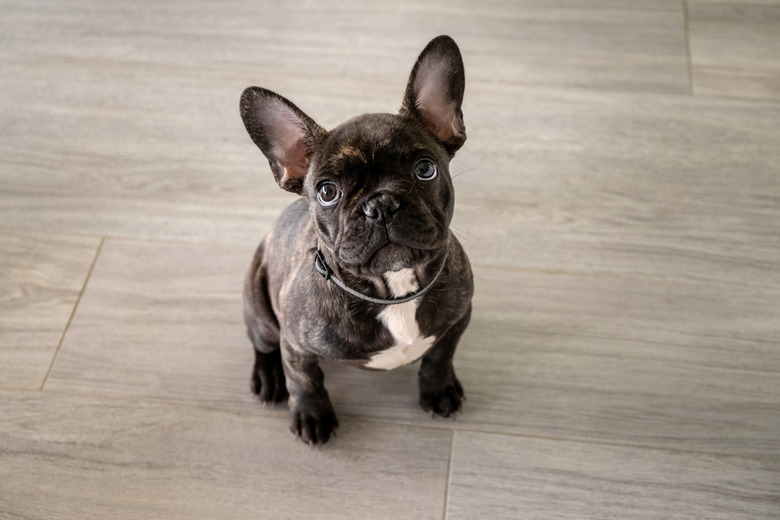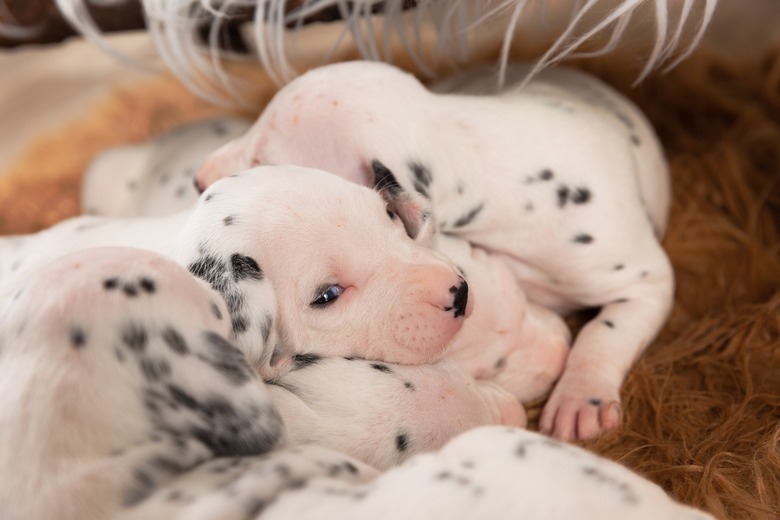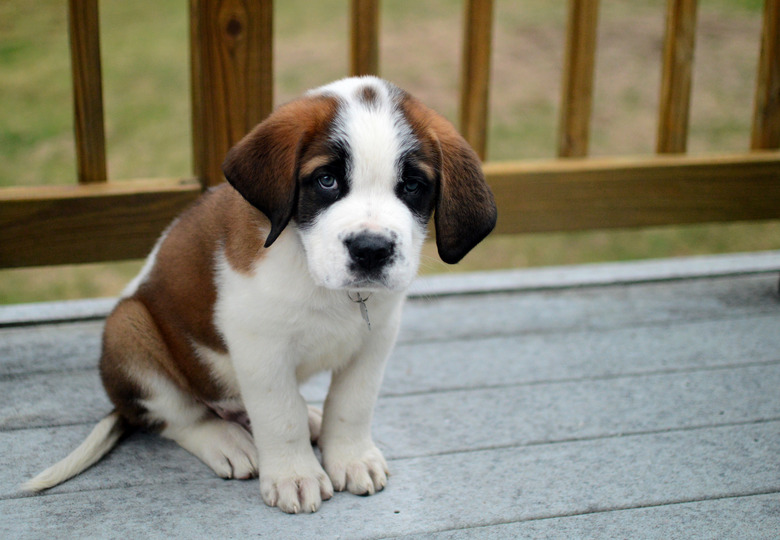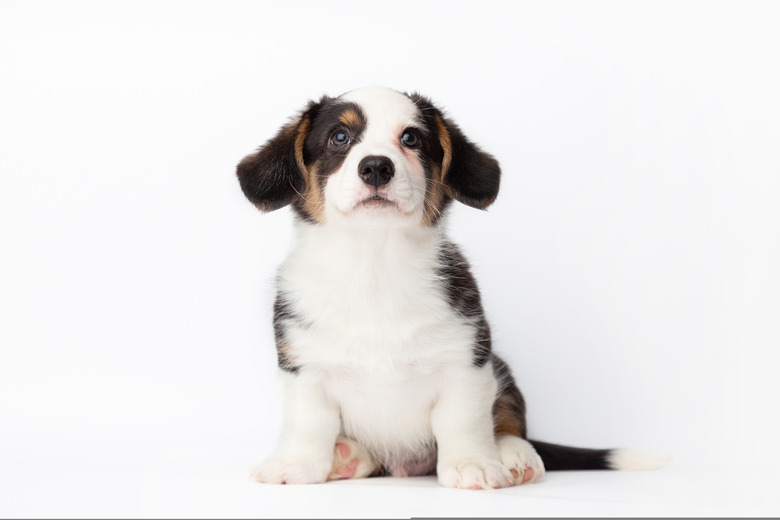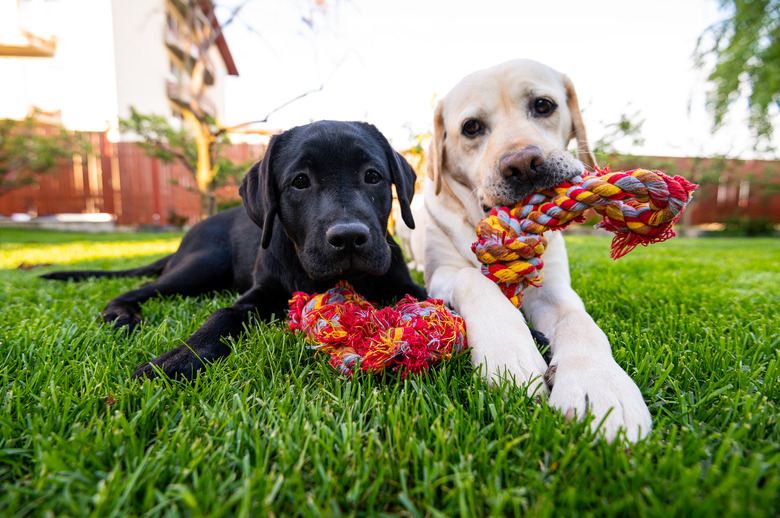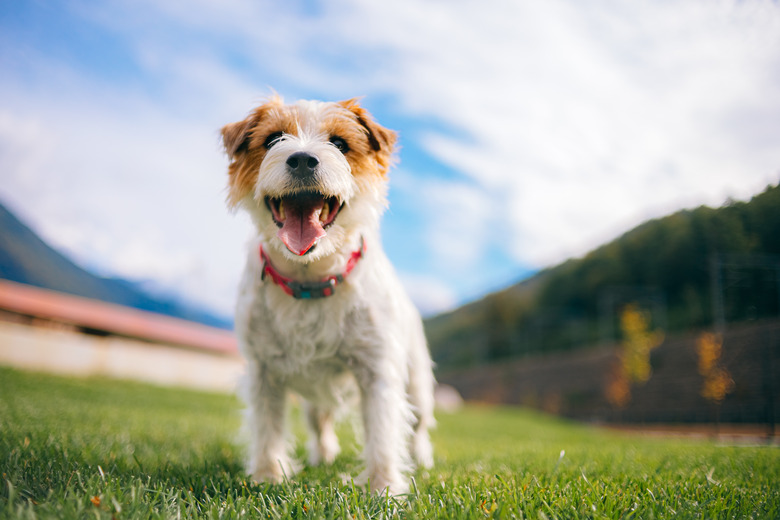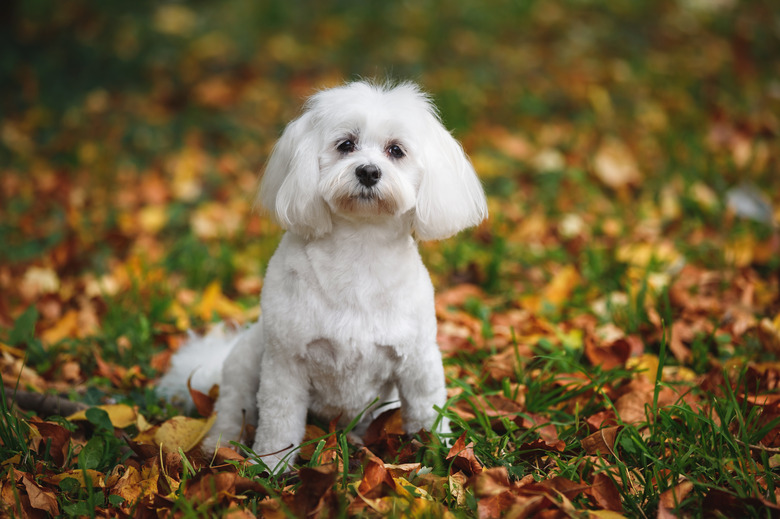How To Cure Loose Stools In A Puppy
Do you have a new puppy whose poop just doesn't seem right? Curing a puppy who has loose stool means determining the cause of the problem. Diarrhea is common in puppies, and in severe cases, it can lead to dehydration, which can be life-threatening. Contact your veterinarian as soon as possible if your puppy has loose stools, especially if they are exhibiting any other signs of illness. Your veterinarian will let you know if a home remedy may be effective based on the cause of the condition.
What are the symptoms of puppy diarrhea?
What are the symptoms of puppy diarrhea?
Diarrhea often comes with symptoms beyond a loose stool. A puppy or dog with diarrhea bowel movements may have these symptoms in addition to loose stool:
- They may also be lethargic
- have a fever
- nausea and vomiting
- dry heaving
- drooling
Is it normal for puppies to have diarrhea?
Is it normal for puppies to have diarrhea?
Yes, short bouts of diarrhea are relatively common in puppies since young dogs experience many changes. Between medications; parasites; and eating a wide range of treats, food, and any foreign objects they may have managed to ingest while exploring the yard, puppies are bound to come into contact with substances that upset their stomach.
What are the causes of puppy diarrhea?
What are the causes of puppy diarrhea?
There are many potential causes of loose stools that may affect puppy health, including dietary changes, dietary indiscretion (overeating), stress, parasites, viruses, bacteria, and more. Often, diarrhea will resolve on its own, but in some instances, it may be a sign of an underlying disease or illness that may require veterinary care.
Dietary changes and stress can cause dog diarrhea
A change in diet is a common cause of diarrhea. Whether you've recently switched to a new brand of dog food or your pup got into the trash or table scraps, abrupt changes may affect your dog's gut. Stress may also upset your pup's digestive tract. Be sure to consult your veterinarian before offering any home remedies.
Another option is to cook some mild food that will be gentle on their system. Some options include white rice, plain canned pumpkin (not pie filling,) plain eggs, or baked skinless chicken breast. Avoid seasonings that may irritate their stomach. Your veterinarian may also recommend an over-the-counter medication but be sure to discuss the proper dosage for your puppy's weight. Don't give your dog any human anti-diarrhea medications without talking with your veterinarian.
Worms and other parasites can cause dog diarrhea
Puppies often suffer from intestinal worms that can cause diarrhea as well as other symptoms, including weight loss, vomiting, abdominal pain, and a poor coat. Fortunately, most worms are easily treated with deworming, which is a routine part of most puppy wellness exams. Work with your veterinarian to determine what type of worm your puppy is infected with so they can prescribe the proper medication.
Puppies can be born with roundworms, which they get from their mother. Puppies may get tapeworms from eating a flea that is carrying the worm larva. You may notice small white tapeworm segments in your puppy's feces. Hookworms can be passed to the puppy through the mother's milk and can be fatal if not treated. Your puppy may get whipworms from contaminated soil, water, or feces. A parasite infection can often be identified with a stool sample test.
Puppies and adult dogs are also susceptible to an intestinal parasite called Giardia duodenalis. Your puppy may pick up giardia in contaminated water. Many dogs do not develop diarrhea, but puppies may develop watery diarrhea that is very severe. This can cause severe dehydration and can even be fatal if left untreated. Other symptoms include mucus in the feces, weight loss, and the fast onset of bad-smelling diarrhea. Your veterinarian can diagnose giardia with a fecal test that is run in-house or sent to a lab. Once they confirm the diagnosis, your veterinarian will treat giardia with medications such as fenbendazole and metronidazole.
Puppies can have diarrhea caused by bacterial infection
Bacterial infections, such as Salmonella, E. coli, and Campylobacter from contaminated food or stools can be fatal to a puppy. Campylobacter causes diarrhea that contains blood and mucus but is curable with antibiotics. Salmonella causes both diarrhea and sepsis from the toxins the bacteria releases into the intestines. E. coli causes watery diarrhea and potentially life-threatening dehydration in puppies.
Canine parvovirus infection can cause dog diarrhea
One of the biggest pet health concerns is parvo. Parvovirus is an often fatal disease. It is highly contagious and causes severe and often bloody diarrhea, vomiting, abdominal pain, bloating, appetite loss, lethargy, and fever or hypothermia. Puppies can develop extreme dehydration and septic shock and typically die within 72 hours without treatment.
Unfortunately, there is no direct treatment for the virus, so dogs are offered supportive care to fight through the virus. This includes administering fluids and electrolytes and controlling vomiting and diarrhea. Many dogs die even with treatment.
There is a vaccine to prevent parvovirus. They can receive their first vaccine at 6 to 8 weeks of age with additional booster shots every three to four weeks until 16 weeks of age. Until your pup is fully protected, avoid unvaccinated dogs and public places where other dogs frequently defecate.
Other potential causes of dog and puppy diarrhea
Some other potential causes of diarrhea include swallowing an indigestible object, colitis, inflammatory bowel disease, and liver disease. It is also possible that your puppy got into something they shouldn't have, such as human medication, toxic foods like chocolate, or poisonous plants. If you suspect your pup has been poisoned, you can call your veterinarian, the ASPCA's Animal Poison Control Center, or the Pet Poison Helpline.
When should I worry about puppy diarrhea?
When should I worry about puppy diarrhea?
In mild cases, your dog's loose stool may resolve on its own. However, if diarrhea continues for multiple days, your dog risks becoming dehydrated from the loss of fluids. If your puppy has diarrhea for more than 24 hours, contact your veterinarian for guidance.
Other signs that you should contact your veterinarian include:
- Blood in the diarrhea
- Vomiting
- Loss of appetite for more than one day*
- Drinking less water
- Pale gums
- Lethargy
*But talk with your veterinarian the same day you notice a loss of appetite in small or tea cup breeds. Small and tiny breed puppies are prone to low blood sugar (hypoglycemia,) which will lead to seizures if not addressed in a timely manner.
What should I do if my puppy has diarrhea?
What should I do if my puppy has diarrhea?
If you notice your puppy has loose stools, monitor them closely to see if the condition resolves or worsens. Take note of their overall condition and behavior. Are they behaving normally or exhibiting any of the warning symptoms If they are showing any of the warning symptoms mentioned above, contact your veterinarian for guidance.
How do you treat a puppy with diarrhea?
How do you treat a puppy with diarrhea?
Always make sure your puppy has access to fresh water, as they may become dehydrated due to diarrhea. Feeding your puppy bland food, such as baked or boiled chicken breast, white rice, or pumpkin puree, may help to ease their stomach. However, since dietary changes can be a contributing factor to diarrhea, contact your veterinarian before making any changes.
If your puppy's diarrhea doesn't resolve within 24 hours, collect a sample of their poop to take to your veterinarian for testing and schedule an exam.
How long should puppy diarrhea last?
How long should puppy diarrhea last?
Benign diarrhea will usually pass within 24 hours. If your puppy's loose stool isn't improving by then, contact your veterinarian, as your pup may require medical assistance.
What is the best way to keep your puppy from getting diarrhea?
What is the best way to keep your puppy from getting diarrhea?
Prevent your puppy from getting diarrhea by ensuring their vaccinations are up to date and that you follow a regular deworming schedule. Be mindful of what you feed your puppy to ensure they don't overeat or risk ingesting something that upsets their stomach. Instead of offering your puppy table scraps, stick to food and treats developed for dogs.
What are some home remedies for puppy diarrhea?
What are some home remedies for puppy diarrhea?
A bland diet and pureed pumpkin are common home remedies for diarrhea in dogs, but it's best not to attempt them without first consulting your veterinarian. If your dog has never eaten these foods before, they could potentially worsen the problem. It could also prolong getting treatment for potentially fatal conditions like parvo.
What foods should I avoid giving to a puppy with diarrhea?
What foods should I avoid giving to a puppy with diarrhea?
Since new food can be a contributing factor to diarrhea, it's important to avoid ingredients that are difficult to digest. This includes rich, fatty foods, such as cheese and other dairy products; greasy foods, like french fries, chicken skin, and spicy foods.
The bottom line
The bottom line
Young puppies typically have a more sensitive digestive system and more delicate immune system because they haven't yet been exposed to a wide variety of foods, viral infections, or bacteria. Combined with their tendency to sample everything they can get their mouth around (even when it's inedible), this means cases of diarrhea are likely. If pet owners notice loose stool in a puppy, monitor it closely and contact your DVM if it doesn't get better within 24 hours. Always keep paper towels and vinegar stocked so you can clean up diarrhea quickly!
